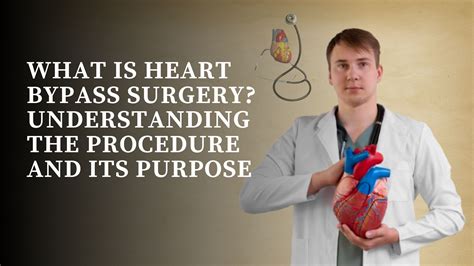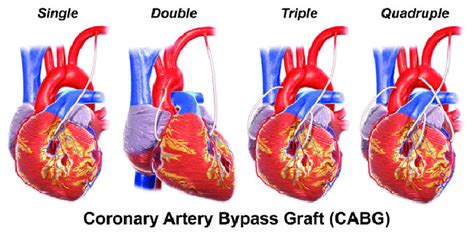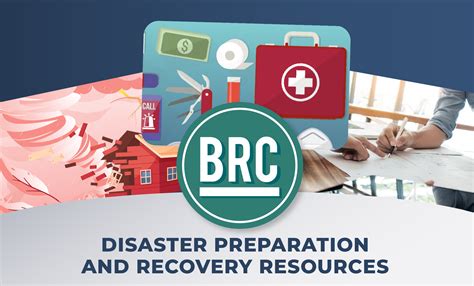Intro
Discover the ins and outs of bypass surgery, including coronary artery bypass, heart bypass, and gastric bypass procedures, to understand risks, benefits, and recovery processes.
The concept of bypass surgery has been a topic of interest for many individuals, particularly those who have been diagnosed with cardiovascular diseases or other conditions that require surgical intervention. Bypass surgery, also known as coronary artery bypass grafting (CABG), is a type of surgical procedure that involves bypassing a blocked or narrowed section of a blood vessel using a graft. This procedure is often performed to restore blood flow to the heart, brain, or other vital organs. In this article, we will delve into the world of bypass surgery, exploring its importance, benefits, and the various aspects of the procedure.
The importance of bypass surgery cannot be overstated, as it has been instrumental in saving countless lives and improving the quality of life for many individuals. By bypassing a blocked or narrowed blood vessel, surgeons can restore blood flow to the affected area, reducing the risk of heart attacks, strokes, and other cardiovascular events. Furthermore, bypass surgery can also alleviate symptoms such as chest pain, shortness of breath, and fatigue, allowing individuals to resume their normal activities and enjoy a better quality of life.
As we explore the topic of bypass surgery, it is essential to understand the different types of procedures that are available. While CABG is the most common type of bypass surgery, other procedures such as peripheral artery bypass and carotid artery bypass are also performed to treat various conditions. In addition, advances in medical technology have led to the development of minimally invasive surgical techniques, which can reduce recovery time and minimize scarring. With the help of skilled surgeons and state-of-the-art medical equipment, individuals can undergo bypass surgery with confidence, knowing that they are in good hands.
Understanding Bypass Surgery

Bypass surgery is a complex procedure that requires careful planning and execution. The procedure typically involves several steps, including the harvesting of a graft, the creation of an incision, and the attachment of the graft to the affected blood vessel. The type of graft used can vary, depending on the individual's condition and the surgeon's preference. Commonly used grafts include the saphenous vein, the radial artery, and the internal thoracic artery. In some cases, surgeons may also use synthetic grafts or other materials to bypass the blocked or narrowed section of the blood vessel.
Benefits of Bypass Surgery
The benefits of bypass surgery are numerous, and can have a significant impact on an individual's quality of life. Some of the most notable benefits include: * Reduced risk of heart attacks and strokes * Alleviation of symptoms such as chest pain and shortness of breath * Improved blood flow to the affected area * Increased energy and mobility * Enhanced overall health and well-beingTypes of Bypass Surgery

There are several types of bypass surgery, each designed to treat specific conditions. Some of the most common types of bypass surgery include:
- Coronary artery bypass grafting (CABG): This is the most common type of bypass surgery, and is used to treat coronary artery disease.
- Peripheral artery bypass: This type of surgery is used to treat peripheral artery disease, which affects the blood vessels in the legs and arms.
- Carotid artery bypass: This type of surgery is used to treat carotid artery disease, which affects the blood vessels in the neck.
Risks and Complications
While bypass surgery is generally a safe and effective procedure, there are risks and complications that can occur. Some of the most common risks and complications include: * Bleeding and hemorrhage * Infection * Respiratory problems * Cardiac complications * Neurological complicationsPreparation and Recovery

Proper preparation and recovery are essential for a successful bypass surgery. Before the procedure, individuals will typically undergo a series of tests and evaluations to determine their overall health and suitability for surgery. This may include blood tests, imaging studies, and other diagnostic procedures. After the procedure, individuals will typically spend several days in the hospital, where they will be monitored and cared for by a team of medical professionals. During this time, they will be given medication to manage pain and prevent complications, and will be encouraged to rest and avoid strenuous activities.
Minimally Invasive Surgical Techniques
In recent years, advances in medical technology have led to the development of minimally invasive surgical techniques, which can reduce recovery time and minimize scarring. Some of the most common minimally invasive techniques used in bypass surgery include: * Endoscopic surgery: This type of surgery uses a small camera and instruments to perform the procedure through small incisions. * Robotic surgery: This type of surgery uses a robotic system to perform the procedure, which can enhance precision and reduce recovery time. * Laparoscopic surgery: This type of surgery uses a small camera and instruments to perform the procedure through small incisions.Life After Bypass Surgery

After bypass surgery, individuals can expect to make a full recovery and enjoy a better quality of life. With proper care and attention, the graft can last for many years, reducing the risk of heart attacks and strokes. Individuals will typically be given medication to manage pain and prevent complications, and will be encouraged to make lifestyle changes to promote overall health and well-being. This may include eating a healthy diet, exercising regularly, and avoiding smoking and other unhealthy habits.
Lifestyle Changes
Making lifestyle changes is an essential part of the recovery process after bypass surgery. Some of the most important lifestyle changes include: * Eating a healthy diet: A healthy diet can help to promote overall health and well-being, and reduce the risk of heart disease. * Exercising regularly: Regular exercise can help to improve cardiovascular health, and reduce the risk of heart disease. * Avoiding smoking: Smoking is a major risk factor for heart disease, and can increase the risk of complications after bypass surgery. * Managing stress: Stress can increase the risk of heart disease, and can make it more difficult to recover after bypass surgery.Conclusion and Final Thoughts

In conclusion, bypass surgery is a complex and highly effective procedure that can have a significant impact on an individual's quality of life. By understanding the different types of bypass surgery, the benefits and risks, and the importance of proper preparation and recovery, individuals can make informed decisions about their health and well-being. Whether you are considering bypass surgery or are simply interested in learning more about the procedure, we hope that this article has provided you with valuable insights and information.
What is bypass surgery?
+Bypass surgery is a type of surgical procedure that involves bypassing a blocked or narrowed section of a blood vessel using a graft.
What are the benefits of bypass surgery?
+The benefits of bypass surgery include reduced risk of heart attacks and strokes, alleviation of symptoms such as chest pain and shortness of breath, and improved overall health and well-being.
What are the risks and complications of bypass surgery?
+The risks and complications of bypass surgery include bleeding and hemorrhage, infection, respiratory problems, cardiac complications, and neurological complications.
How long does it take to recover from bypass surgery?
+The recovery time for bypass surgery can vary depending on the individual and the type of procedure performed. Typically, individuals can expect to spend several days in the hospital and several weeks recovering at home.
What lifestyle changes should I make after bypass surgery?
+After bypass surgery, individuals should make lifestyle changes such as eating a healthy diet, exercising regularly, avoiding smoking, and managing stress to promote overall health and well-being.
We hope that this article has provided you with valuable insights and information about bypass surgery. If you have any further questions or would like to learn more about the procedure, please do not hesitate to comment or share this article with others. Remember, taking care of your health and well-being is essential, and bypass surgery can be a highly effective treatment option for individuals with cardiovascular disease.
